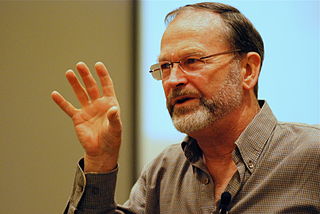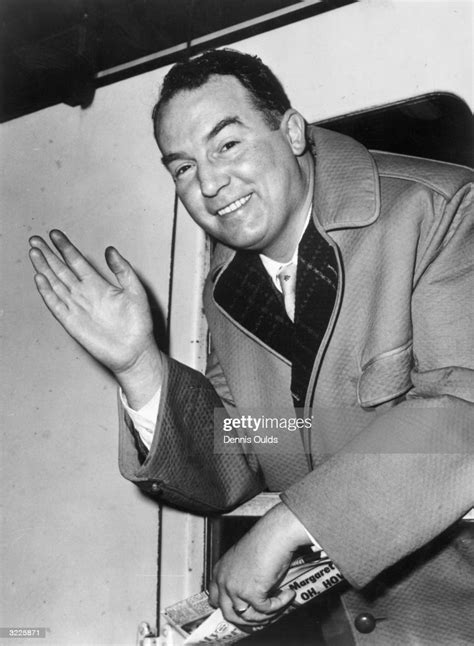A Quote by Murray Rothbard
Apart from medieval China, which invented both paper and printing centuries before the West, the world had never seen government paper money until the colonial government of Massachusetts emitted a fiat paper issue in 1690.
Related Quotes
Experience, however, shows that neither a state nor a bank ever have [sic] had the unrestricted power of issuing paper money without abusing that power; in all states, therefore, the issue of paper money ought to be under some check and control; and none seems so proper for that purpose as that of subjecting the issuers of paper money to the obligation of paying their notes either in gold coin or bullion.
We see only the script and not the paper on which the script is written. The paper is there, whether the script is on it or not. To those who look upon the script as real, you have to say that it is unreal - an illusion - since it rests upon the paper. The wise person looks upon both paper and script as one.
In our election manifesto is: we keep the right to create money and to bring in circulation, for the cause of the government ... Those who do not share this view, reply us to the issue of paper money is for the banks, the government should stay out of the banking business. I agree with Jefferson's opinion ... and just like him I say again: the issue of money is a matter for the government and the banks should stay out of government activity.
What I've always wished I'd invented was paper underwear, even knowing that the idea never took off when they did come out with it. I still think it's a good idea, and I don't know why people resist it when they've accepted paper napkins and paper plates and paper curtains and paper towels-it would make more sense not to have to wash out underwear than not to have to wash out towels.
More paper money cannot make a society richer, of course, – it is just more printed-paper. Otherwise, why is it that there are still poor countries and poor people around? But more money makes its monopolistic producer (the central bank) and its earliest recipients (the government and big, government-connected banks and their major clients) richer at the expense of making the money's late and latest receivers poorer.
It is with government paper, and bank paper, as it is with the paper of private persons; that is, it is worth just what can be delivered in redemption of it, and no more. We all understand that the notes of the Astors, and Stewarts, and Vanderbilts, though issued by millions, and tens of millions, are really worth their nominal values.
Carter pulled out several lengths of brown twine, a small ebony cat statue, and a thick roll of paper. No, not paper. Papyrus. I remember Dad explaining how the Egyptians made it from a river plant because they never invented paper. The stuff was so thick and rough, it made me wonder if the poor Egyptians had had to use toilet papyrus. If so, no wonder they walked sideways.
Gold is not less but more rational than paper money. Money holds value so long as it is in limited supply; gold will always be in limited supply, and would require real resources to produce even from the sea; paper and printing ink are not in limited supply. The gold system is much closer to a modern automatic scientific control system than the crude and relatively unstable system of paper.
I still think of myself as a newspaper guy and you live by deadlines in the newspaper world, so, they don't really give you any excuses. At the paper they never say, "Well, we just won't have Tuesday's paper come out, we'll just bring Tuesday's paper out on Wednesday, so go ahead, take all the time you need." They come out with that paper regardless.
The world is like a sheet of paper on which something is typed. The reading and the meaning will vary with the reader, but the paper is the common factor, always present, rarely perceived. When the ribbon is removed, typing leaves no trace on the paper. So is my mind - the impressions keep on coming, but no trace is left.
I like "Rock, Paper, Scissors Two-Thirds." You know. "Rock breaks scissors." "These scissors are bent. They're destroyed. I can't cut stuff. So I lose." "Scissors cuts paper." "These are strips. This is not even paper. It's gonna take me forever to put this back together." "Paper covers rock." "Rock is fine. No structural damage to rock. Rock can break through paper at any point. Just say the word. Paper sucks." There should be "Rock, Dynamite with a Cutable Wick, Scissors."




































